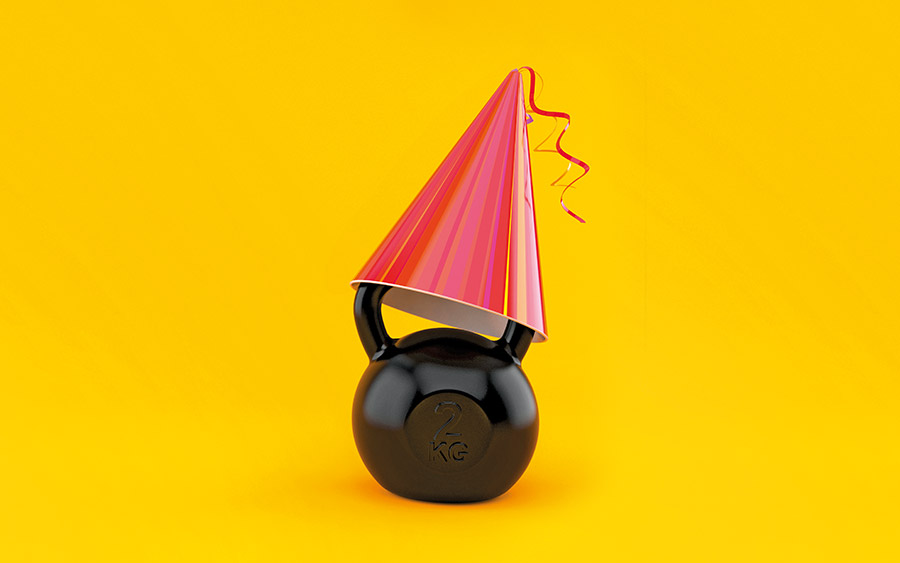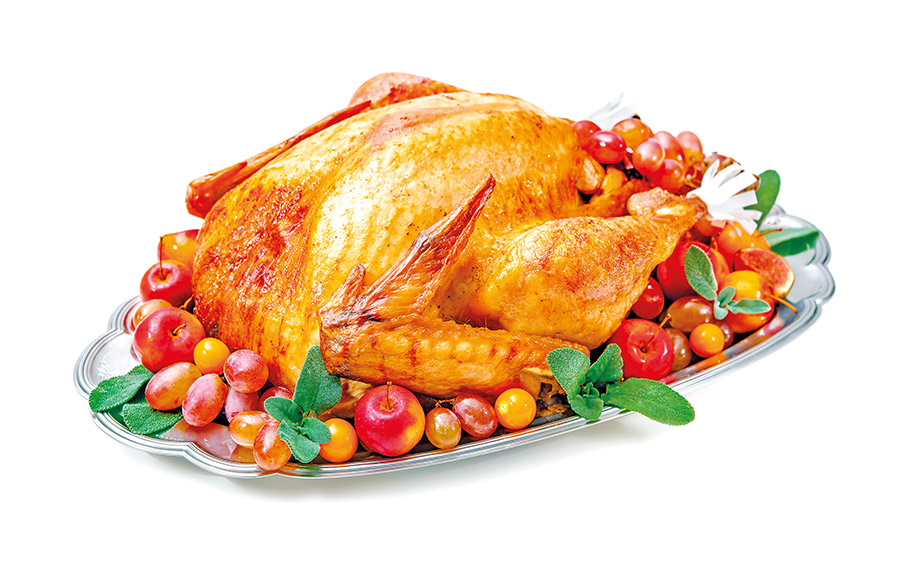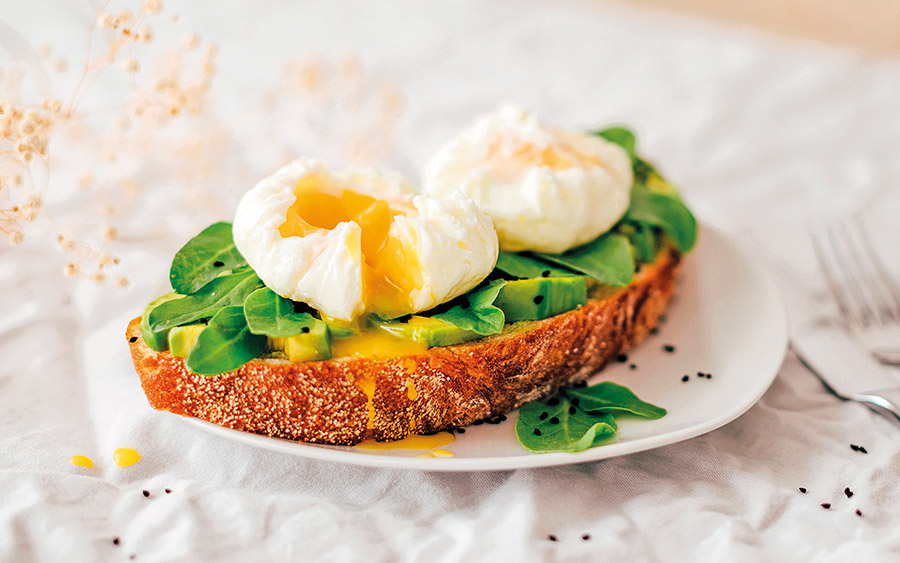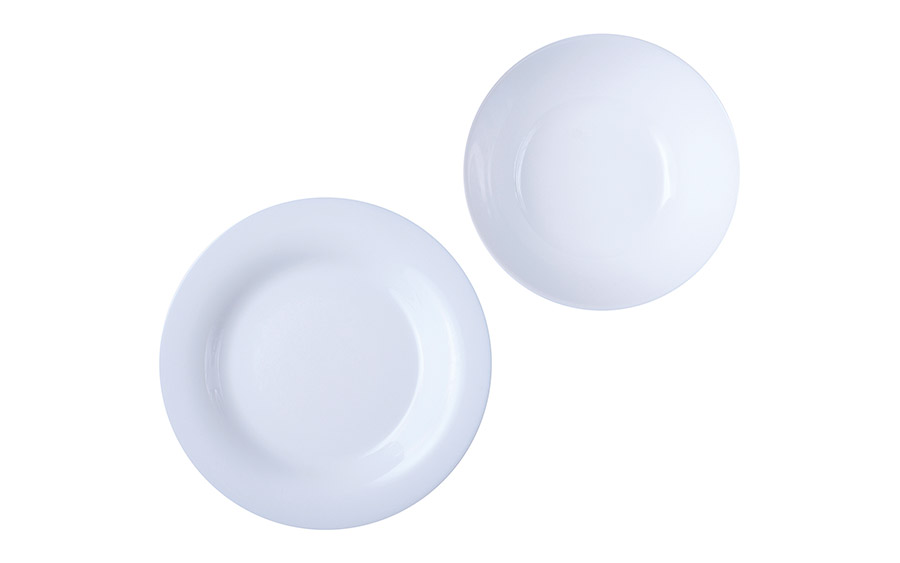It’s the season where we eat to celebrate — but how can we enjoy those festive goodies helpings while keeping our weight under control?

TEXT: CHERYL TAY
PHOTOS: SHUTTERSTOCK
The year-end festive period is a time of celebration, relaxation and good cheer. But the usual holiday activities such as vacations, office gatherings and countdown parties have to be put on hold this year due to COVID-19. Look on the bright side though — this may result in more opportunities to strengthen our bonds with family and close friends over cosy festive meals (while adhering to safety regulations, of course).
Don’t let the guilt of eating more than you normally would get to you — here are six ways to help ensure you don’t pile on the extra kilos during the holidays.If you do end up over-indulging and gaining weight over the holidays, don’t lose heart. You can always ramp up your workout regimen in the New Year and reel your diet in by making healthier choices.

Don’t waste calories on foods anyone can eat at any time — instead,take the opportunity to savour those seasonal delicacies you don’t often enjoy. When you get to the festive spread, observe the dishes first. Don’t rush into grabbing the items as that might lead to you overloading your plate — and tummy. Mentally sort the foods into two categories — ‘Must Eat’ and ‘Can Do Without’. So skip the bee hoon, as you can easily have it at another time. But that honey-glazed turkey stuffed with spinach, bacon and cashew? Hmmm…

Just because you are having a festive meal at night doesn’t mean you should starve the entire day in order to “save” the calories. What would happen is you turning up at the gathering in a ravenous state — and that puts you at a higher risk of overeating. Try eating smaller meals in the day and have something light before leaving for the gathering — something with whole grains, for example, will fill you for longer.

To prevent mindless eating and to keep your portion size in check, ask your host for a smaller serving plate. A study published in a journal on obesity found that people tend to consume larger portions from big plates, which may in turn lead to overeating. You should also learn to say “no” to extra food that the host piles on you — or to every festive dinner invitation that comes your way.

Several studies have shown that people gain weight during holiday seasons, but research has also shown that exercise can shield against the health fallout of overeating. While it is the time to sit back and relax, you should continue working out. Modify your routine by reducing the volume and intensity; or keep your workouts quick and fluid — for example, go for a 30-minute jog or walk today, and an online Zumba session tomorrow. The objective is to keep moving.

Tipples can put us in a festive mood, but watch your alcohol as just a few drinks can spike your caloric intake. A 150ml glass of red wine, for instance, contains about 125 calories; a can of beer, about 150 calories; and one shot of whisky; about 100 calories. Alcohol consumption has also been linked to increased appetite — meaning the more you drink, the more you eat. So sip slowly. Even if you don’t consume alcohol, beverages like fruit juices, carbonated drinks and packet drinks contain a lot of sugar, which can cause weight gain. Try alternating your flavoured drinks with water. That way, water will fill you up and stop you from overloading on the sweetened drinks.
Do your exercises first thing in the morning and get them out of the way so you can have the whole day for your social agenda. According to some findings, exercising in the morning results in increased metabolism. When your metabolism is high, your body will burn more calories. An early morning workout can also set the tone for a healthier day. A 2018 study on how exercise affects dietary patterns found that participants who worked out regularly were inspired to make healthier food choices, such as consuming less red meat and fried foods.

Sleep well. People who do not sleep enough tend to be hungrier.

Don’t be hungry when cooking. You may taste-test your food more.

Modify the recipes. Replace high-calorie ingredients with healthier options.

Avoid processed foods. These can contain excess sugar and unhealthy fats.

Wait before grabbing another helping. Give your body time to register fullness.

